Space Tail: Every Journey Leads Home for Nintendo Switch Review
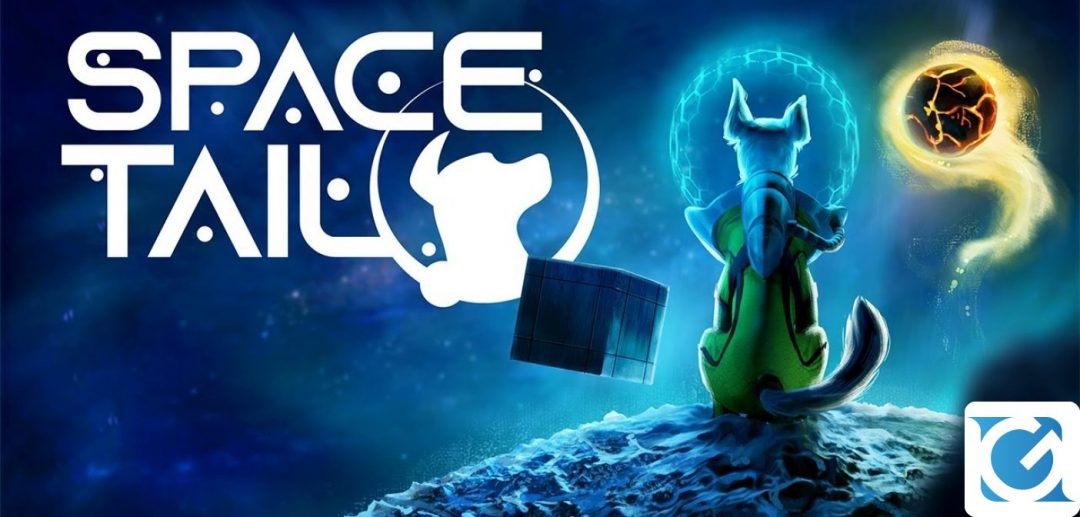
I really love how platforms have diversified the gaming experience in this generation. If earlier the choice of the console was more like an ideological decision, but now it is desirable for an addicted gamer to have all three platforms. Xbox with a super-profitable Game Pass is perfect for multiplatform, PlayStation 5 is for expensive and spectacular exclusives from Sony itself, and Switch will allow you to keep abreast of new products that you are too lazy to include on “big” consoles (and this despite the fact that Nintendo has its own definitely a great exclusives).
For example, I organize my gaming experience according to this principle. And I confess if I didn’t have a Nintendo Switch, then I would hardly have played Space Tail. A funny but still niche adventure about a space dog runs the risk of passing unnoticed even in the quiet gaming season, not like in the height of autumn when all publishers systematically release their flagship projects. But (lucky me!) I have a Nintendo Switch and I still played Space Tail. And looking ahead, I have no regrets.
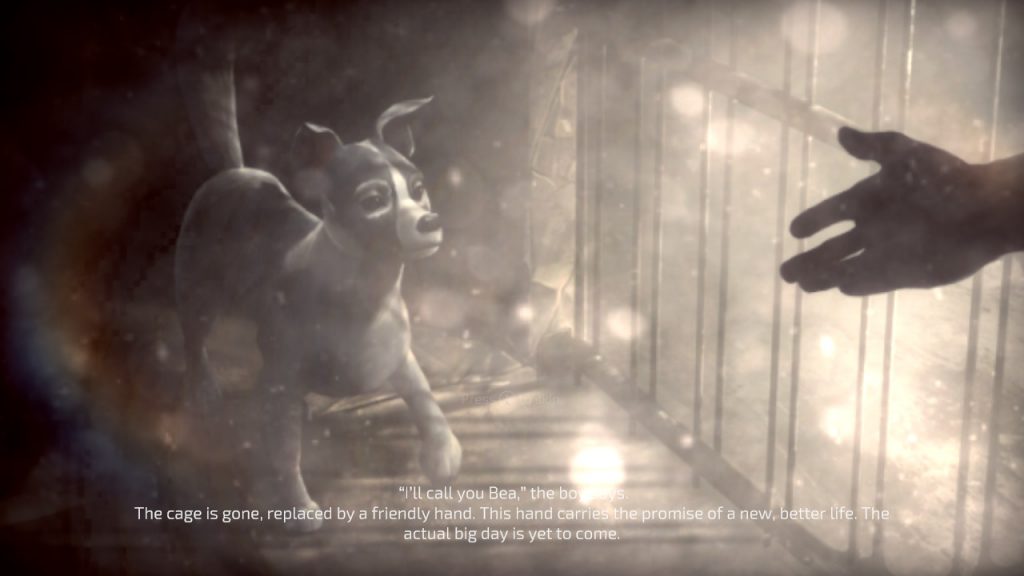
A dog named Bia is an animal with a difficult fate. The poor fellow managed to enjoy all the delights of a dog’s life: first live on the street, and then end up in a cage. Most likely, this is how her story would have ended if not for one young man who saw some potential in the dog. Then Bia’s career takes an absolutely fantastic leap: the dog passes a series of tests (which serve as a short tutorial for the player) and gets into the space program, standing on one step with the famous Belka and Strelka. With the launch of the shuttle with the heroine on board, the main events of the game start.
As a rule, in platforms the story is needed to serve the gameplay and is rarely of independent value. In Space Tail the situation is similar, but with one little nuance: the storyline here, although simple, is moderately heart-touching and if you don’t skip the videos, you will be rewarded with a bright parable about friendship, self-sacrifice and an irresistible craving for home.
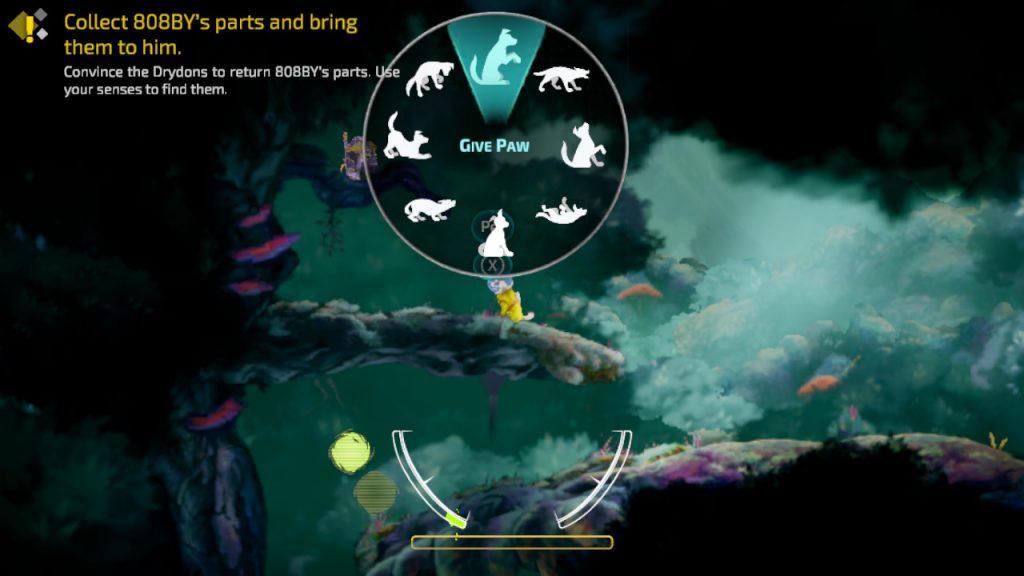
As for the gameplay Space Tail also stands out among other representatives of the genre. In fact, the game belongs to platformers rather by external signs. After half an hour of playing, it turns out that the development of RedDeer Games Space is a real collection of puzzles of varying degrees of complexity and elegance, only wrapped in the guise of a platformer. Running and jumping is the most basic part of Space Tail’s gameplay, and you’ll spend most of your time solving various puzzles.
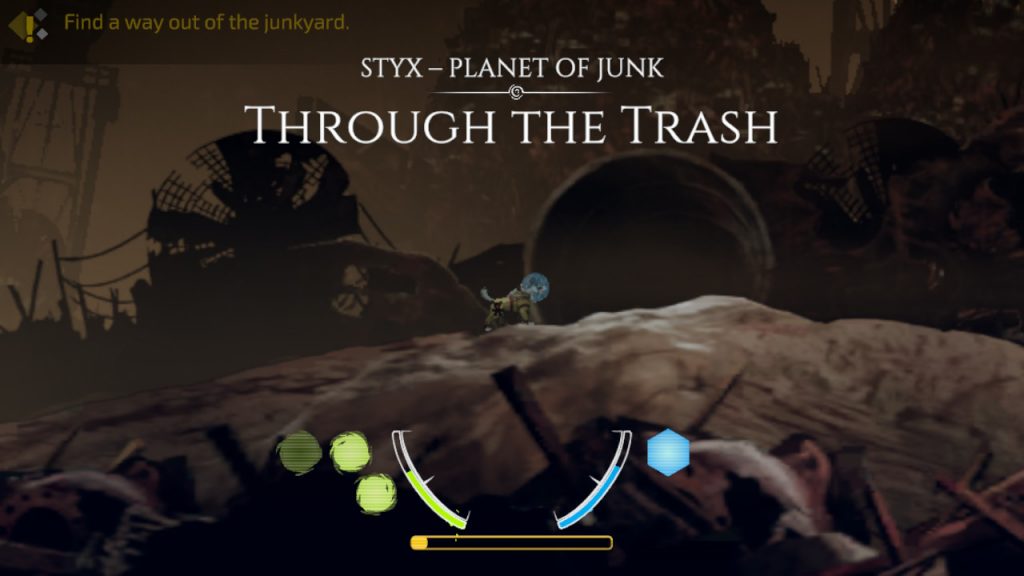
Space Tail has a pretty simple structure: you move through different worlds, in each of which you need to solve a certain range of tasks. The concept of puzzles changes from world to world: somewhere you need to learn how to move yourself and objects through special energy flows, somewhere you need to manage time, and somewhere you need to try to escape from a huge monster.
True fans of puzzles won’t be impressed – the solution to most of them is almost obvious. The puzzles are rarely repeated (except puzzles with a circular disk that the developers love especially strongly), and therefore they do not bother: due to the short duration and richness of the content, Space Tail is perceived as a real adventure.
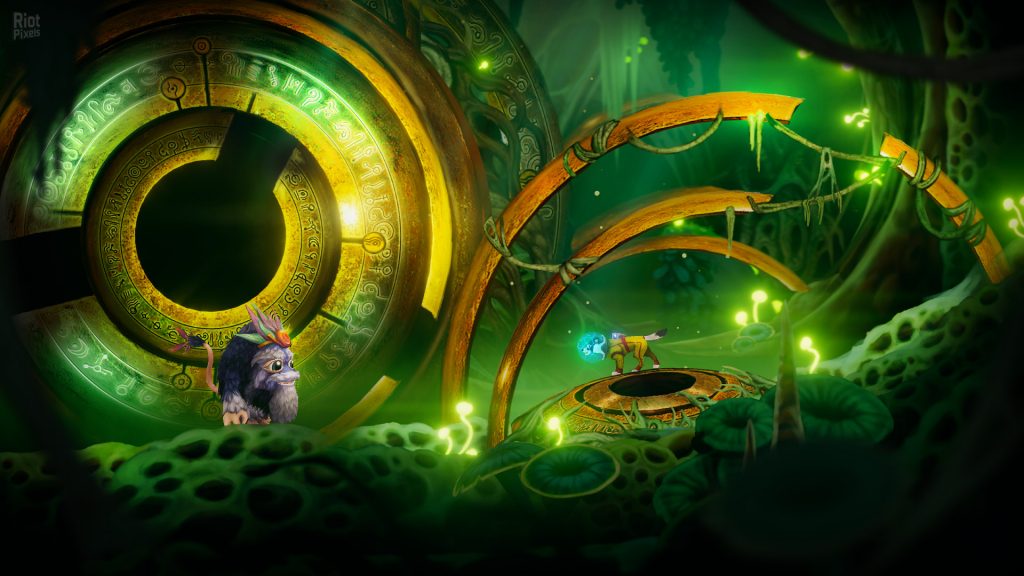
The worlds in the game are really nice – they, like puzzles, differ from each other quite a lot. Space Tail features a verdant planet populated by furry, primate-like creatures; desert planet blown by all possible winds; a “crystal” planet, which for some reason strongly reminded me of James Cameron’s “Avatar”; finally, a junkyard planet made entirely of metal debris. From an art design standpoint, all worlds look great, but Nintendo Switch owners will be the last to know. The latest releases for the portable console are saying that it’s time for the old device to rest. The graphics of Space Tail in portable mode can be described as mediocre at best: heavily soaped locations are complemented by low detail of everything in the frame, and are additionally imprinted with jumping frame rates (in especially tense moments I noticed frame drops of almost 15 FPS).
In some monstrous irony a game that belongs on the Switch have the worst performance on this platform. I was especially offended after I saw how Space Tail looks on a PC – everything is in order with detail and frame rate. Probably, a small team did not have enough resources to optimize the project on a portable device, but looking at the Bayonetta 3 from Platinum Games I begin to suspect that it is still a lack of power.
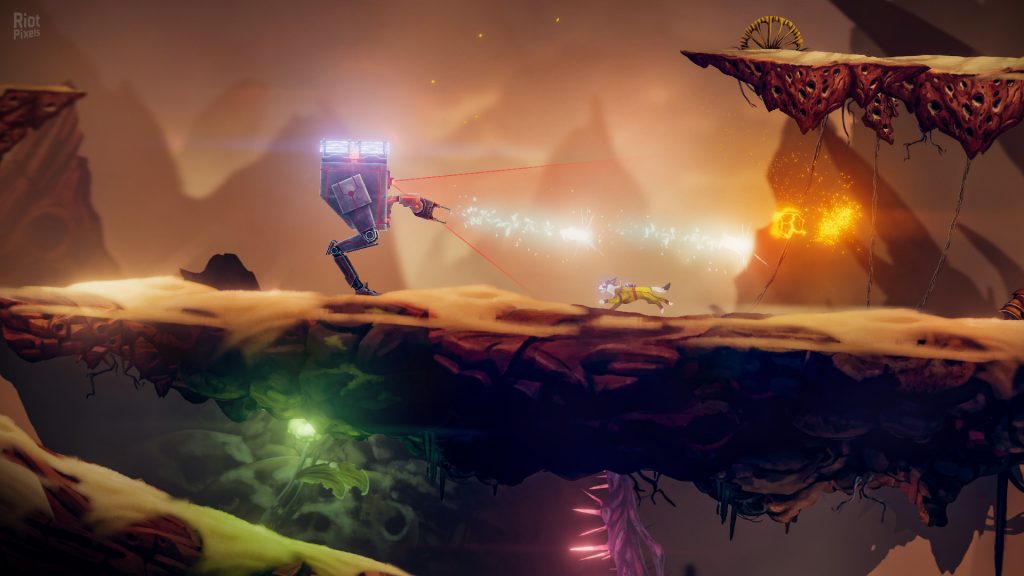
But let’s back to the good things. The main pride of Space Tail can rightfully be called the protagonist. Bia the dog turned out to be one of the most believable four-legged protagonists in the history of video games. Let’s start with the fact that in Space Tail you will have access to the whole range of dog skills, which are also tightly integrated into most game puzzles. Bia has a sensitive ears, which help to navigate and avoid enemies; vision, with which you can find traps and areas of view of enemy scanners; as well as the sense of smell, which will help you find the direction to the target and other points of interest. Ignoring the dog’s arsenal will not work even partially: without special sense organs you simply cannot go through some stages. At first, the game will helpfully tell you with what you need to search on the location, but after about twenty minutes you are completely drawn into the gameplay and juggle skills on your own and without outside help.
The special mechanics do not end with sight, hearing and smell. As befits a good dog, Bia is very friendly. She has a set of eight basic dog habits like barking, whining, howling, rolling on the ground, and more. And this pool also has a gameplay application. Some planets in Space Tail are inhabited and you can try to find a common language with the locals. Not all inhabitants can appreciate a positive, in our human opinion, gestures, and if you infuriate them, they will inevitably try to kill you. At first I tried to use logic in tries to making friends (and even succeeded), but the further I went in the plot, the worse this approach worked. As a result most of my attempts to make a match ended depressingly. Apparently, if I were given the chance to become a real explorer of other worlds, my path would end up quickly and ingloriously.
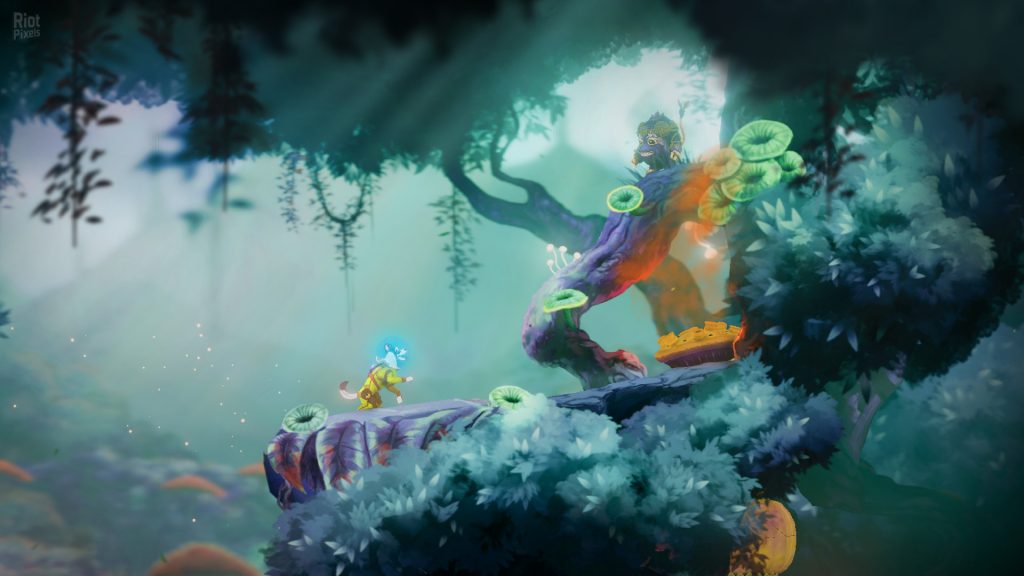
But that’s not all yet. Bia will spend part of her journey in the company of satellites: the 8088Y robot and a comet named Rosa. One of them is able to open doors and make you invisible, the other is able to attack opponents and use telekinesis. The presence of companions is strictly limited by the plot: sometimes you will be accompanied by one of them, and in some cases both at once. But frankly, without some abilities (like shooting and stealth), the game would lose a little. It’s quite difficult to control the direction of fire with a gamepad, and when the game starts dropping frames, hitting someone is a completely impossible task. With stealth, the situation is slightly better. The ability to hide from radar will come in handy in several stages, but for the most part Space Tail gives you a choice: hide from enemies or just run away from them. And in most cases the latter option is both faster and easier.
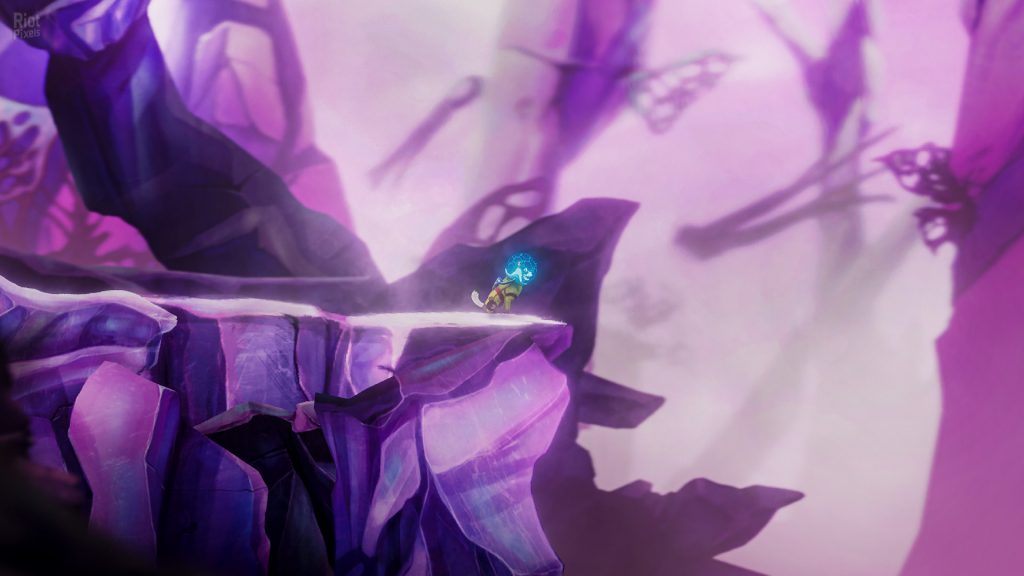
In general, I counted only two complaints about the gameplay of Space Tail. The mentioned shooting is a little annoying, but there is not much of it in the game. There are also little issues with the positioning of the main character: you understand what the developers want from you, but due to the inaccuracy of reading movements (and maybe because of crooked hands) it is not always possible to fulfill your plan.
Everything else is just great. Yes, Space Tail is quite short – the game runs in just 3 hours – but it gives a feeling of real adventure. Not all planets turned out to be equally beautiful, somewhere the weak hardware of Nintendo Switch spoiled the picture, but these minor flaws are not able to block the fun from passing. Not all short games leave behind a sense of incompleteness, but there are those after which you want to say – yes, it was great. And Space Tail: Every Jorney Leads Home is one of those.
P.S. If you decide to play, the game, then it’s better to take the PC version. Well, or in extreme cases, get ready to put the Switch in the dock – in portable mode the console draws really nasty picture.
